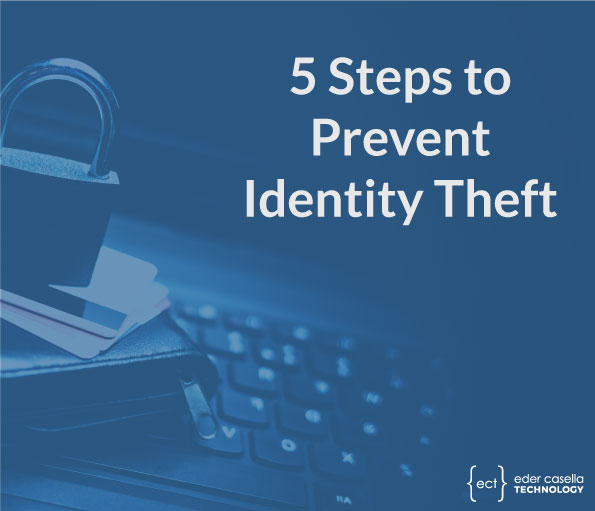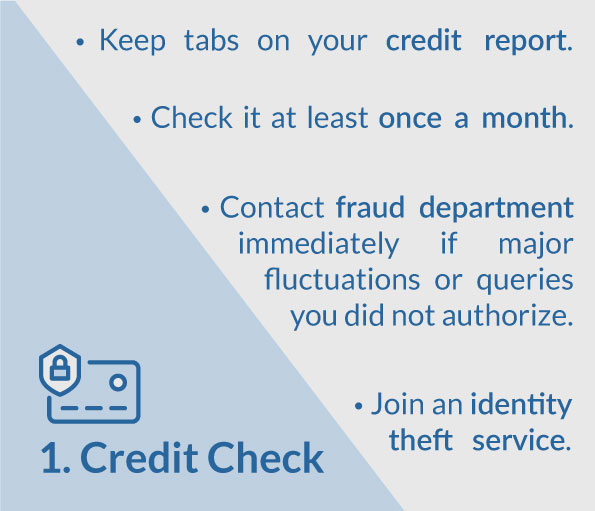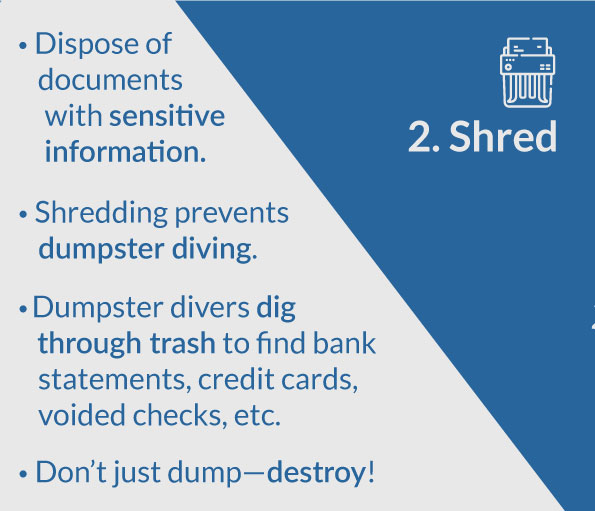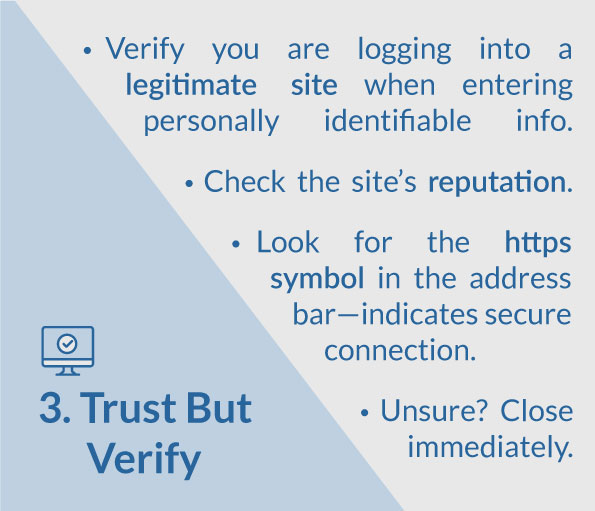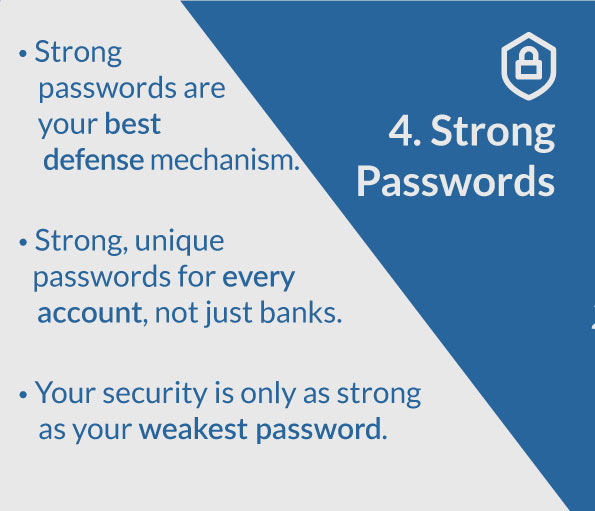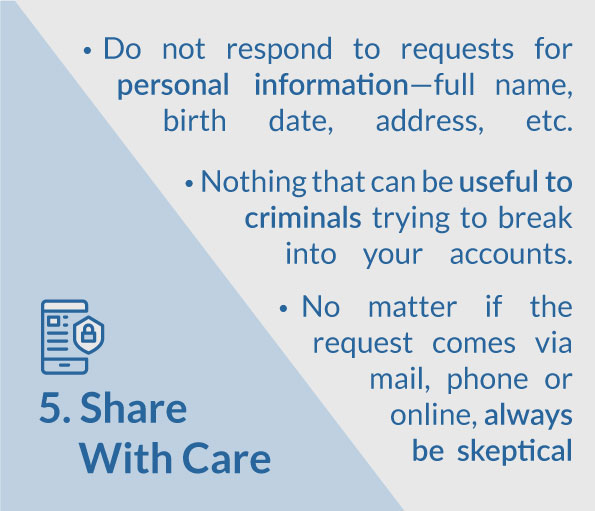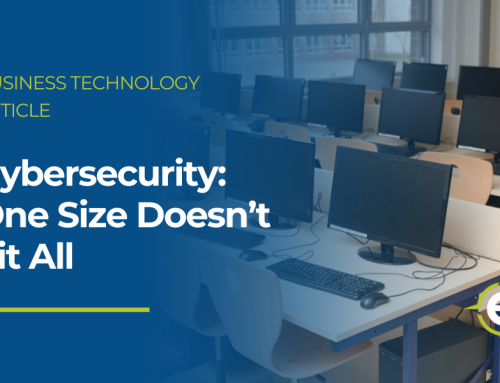5 Steps to Prevent Identity Theft
Identity theft has become all too common. But most think it won’t happen to them. “I won’t fall for their scams!” “They only prey on the older generation.” This simply isn’t true. Any one of us can fall victim to identity theft if we are not careful. Here are five simple steps to preventing identity theft.
Credit Check
Keep tabs on your credit report. You should check your credit report at least once a month. If you notice major fluctuations in your credit score, or see queries that you didn’t authorize, contact the fraud department immediately. Consider joining an online identity theft protection service.
Shred
Documents that contain sensitive information need to be properly disposed of. Shredding them is the best way to prevent criminals from using a technique known as dumpster diving. Dumpster divers dig through your trash hoping to find bank statements, old credit cards, voided checks, etc. Don’t just dump—destroy.
Trust But Verify
Whether applying for a credit card, a loan, or any service that requires personally identifiable information, verify that the site you’re logged into is legitimate. Do your homework! Check the site’s reputation and consider installing a web-reputation plug-in in your browser. Look for the ‘https’ symbol in the address bar (it indicates that you have a secure connection). If you’re unsure, close the window immediately.
Use Strong Passwords
We can’t emphasize this enough. Strong passwords are your best defense mechanism. And not just for your bank or credit card accounts; we need strong, unique passwords for EVERY account. Even your junk email account. Your front-door security is only as strong as your weakest password.
Share With Care
Don’t respond to requests for personal information, such as your full name, birthdate, address, or anything that might be useful for criminals. Regardless if the request comes via mail, phone, or online, remain skeptical and keep your information private.
Print our downloadable version to share with your coworkers and friends.


